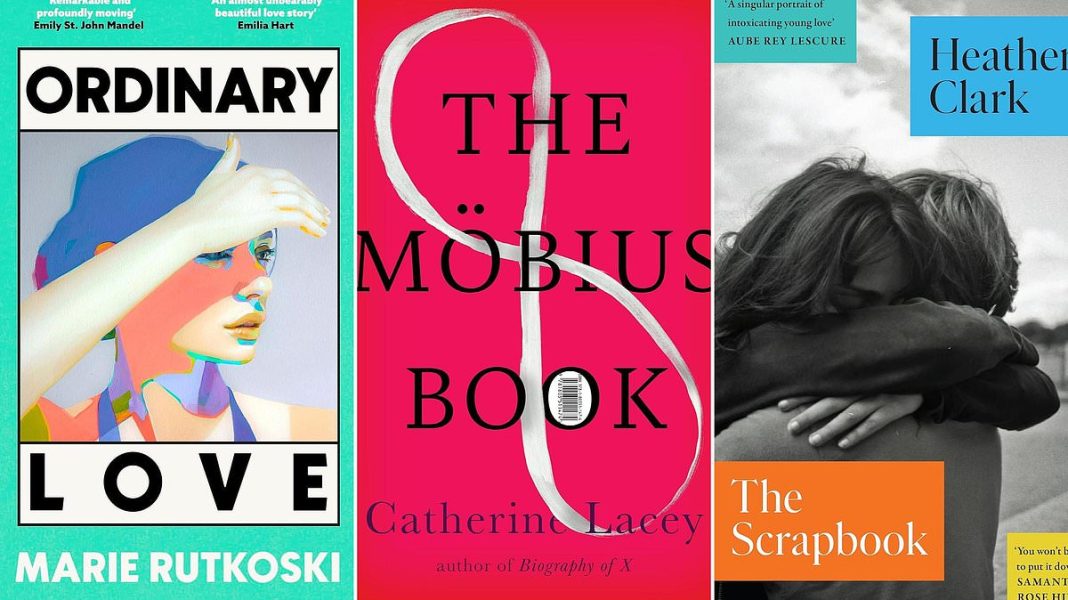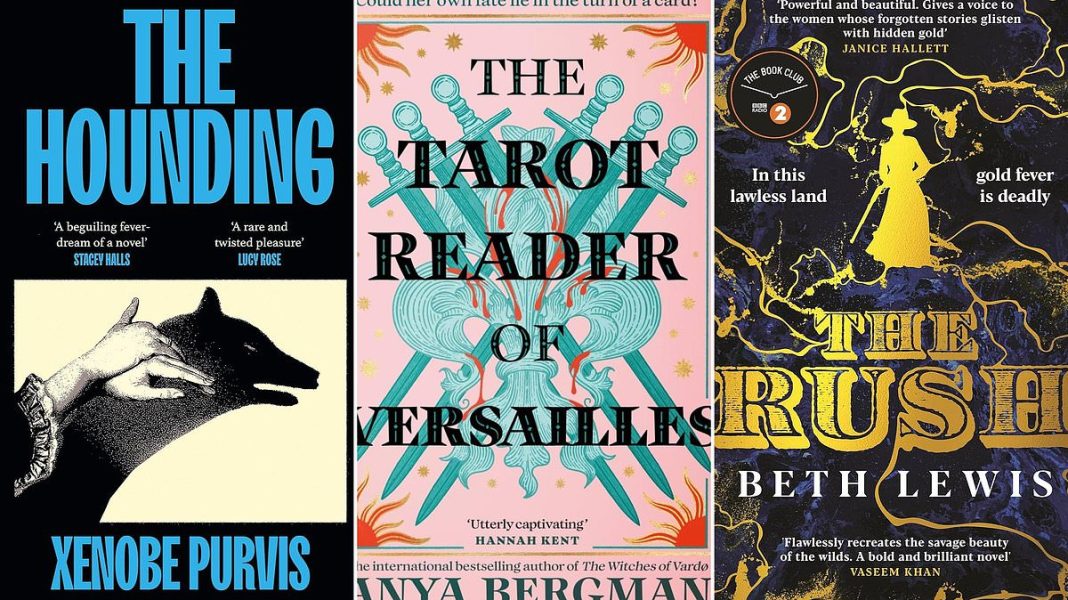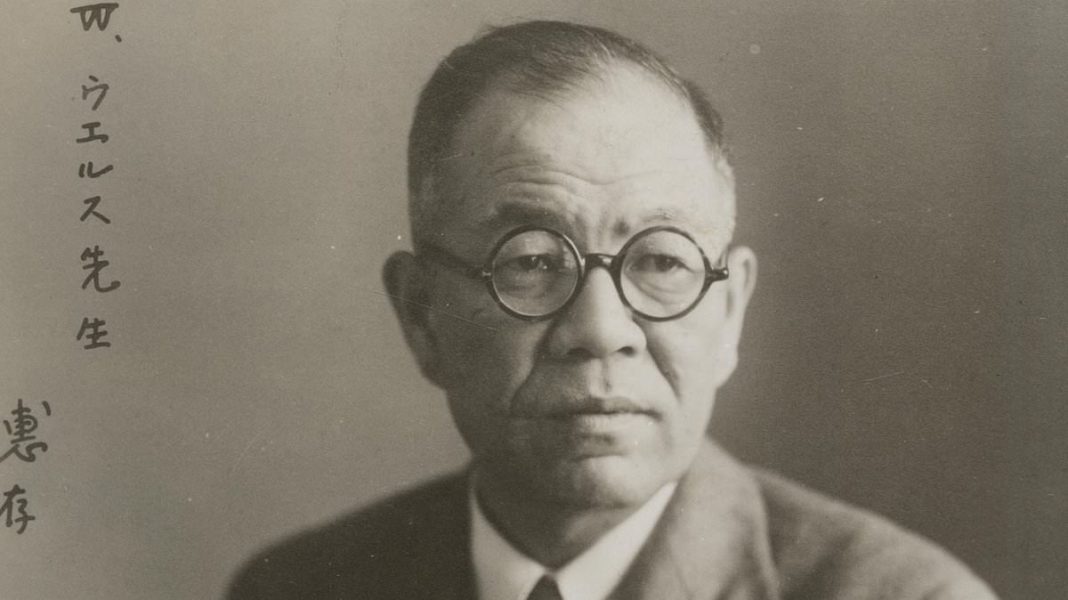The Scrapbook by Heather Clark (Jonathan Cape £18.99, 256pp)
The discovery of a scrapbook belonging to the author’s grandfather, who helped liberate Dachau during the Second World War, inspired this not quite historical novel which examines the moral implications of the past for those living in the present.
Anna, a Harvard student, has fallen hard for Christophe, who is studying architecture in Hamburg, and spends every holiday with him there, discussing literature, her grandfather’s experience in the war and the still visible legacies of both Nazism and the Allied bombing campaign.
Yet Christophe won’t commit fully to the relationship. What’s more, he is vague about the wartime role of his own grandfather, whom he insists joined the German resistance.
The novel’s architecture feels excessively engineered at times but Anna and Christophe’s restlessly intelligent conversations raise juicy questions about the extent to which individuals are complicit with a nation’s history.
Ordinary Love by Marie Rutkoski (Virago £16.99, 368pp)
This sexy, summer romance slips down as easily as oysters and champagne. Emily has walked out of her ten-year marriage to wealthy, proprietorial Jack when she bumps into Gen, her first love and a woman whom she has never got over – not that Emily dared admit this to herself before.
While Emily and Gen, who is now a world-class athlete, embark on a tentative reunion, Jack is refusing to acknowledge the marriage has ended, while also fighting Emily for custody of their two children.
Yet Emily and Gen soon find themselves in choppy waters, scrutinised at every turn by the Press, and neither of them the giddy teenagers they were when they first met.
Rutkoski neatly tucks familiar ideas about ambition, self-hood and desire inside disarmingly glistening prose to produce a sweetly giddy novel which even the inevitable ending can’t throw off track.
The Mobius Book by Catherine Lacey (Granta £16.99, 240pp)
You can start Catherine Lacey’s fictionalised memoir – or should that be autobiographical novel? – at the end if you like: it makes no difference.
A book in two parts, one printed upside down, to mimic the structure of the Mobius strip from which it takes its name, this offers two versions – one presented as memoir, the other as fiction – of the same story, namely Lacey’s real-life break up with the American writer Jesse Ball.
Both narratives explore the passivity of grief and the parallels between heartbreak and the loss of religious faith, but there’s not enough synergy between the two to justify the concept.
Lacey is a bracing experimentalist but you can’t help suspect she’s tried to give literary sophistication to what would otherwise feel like a rather ugly attack on her ex.






